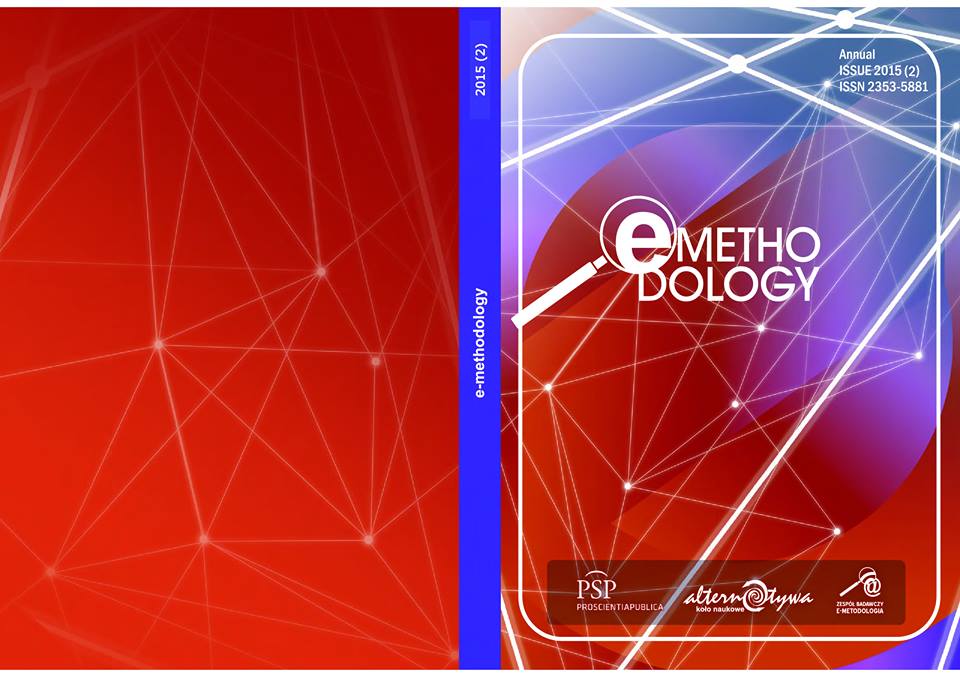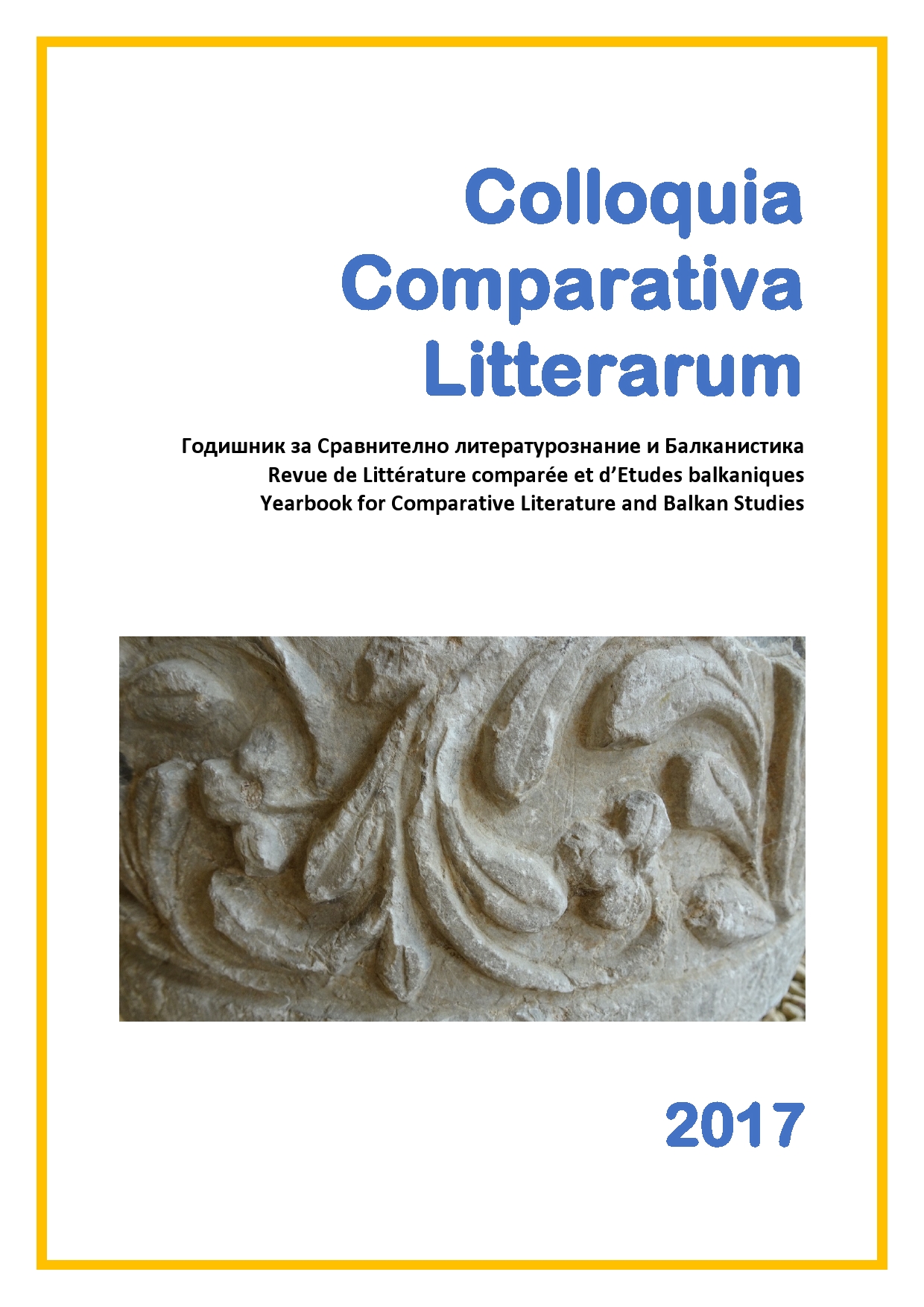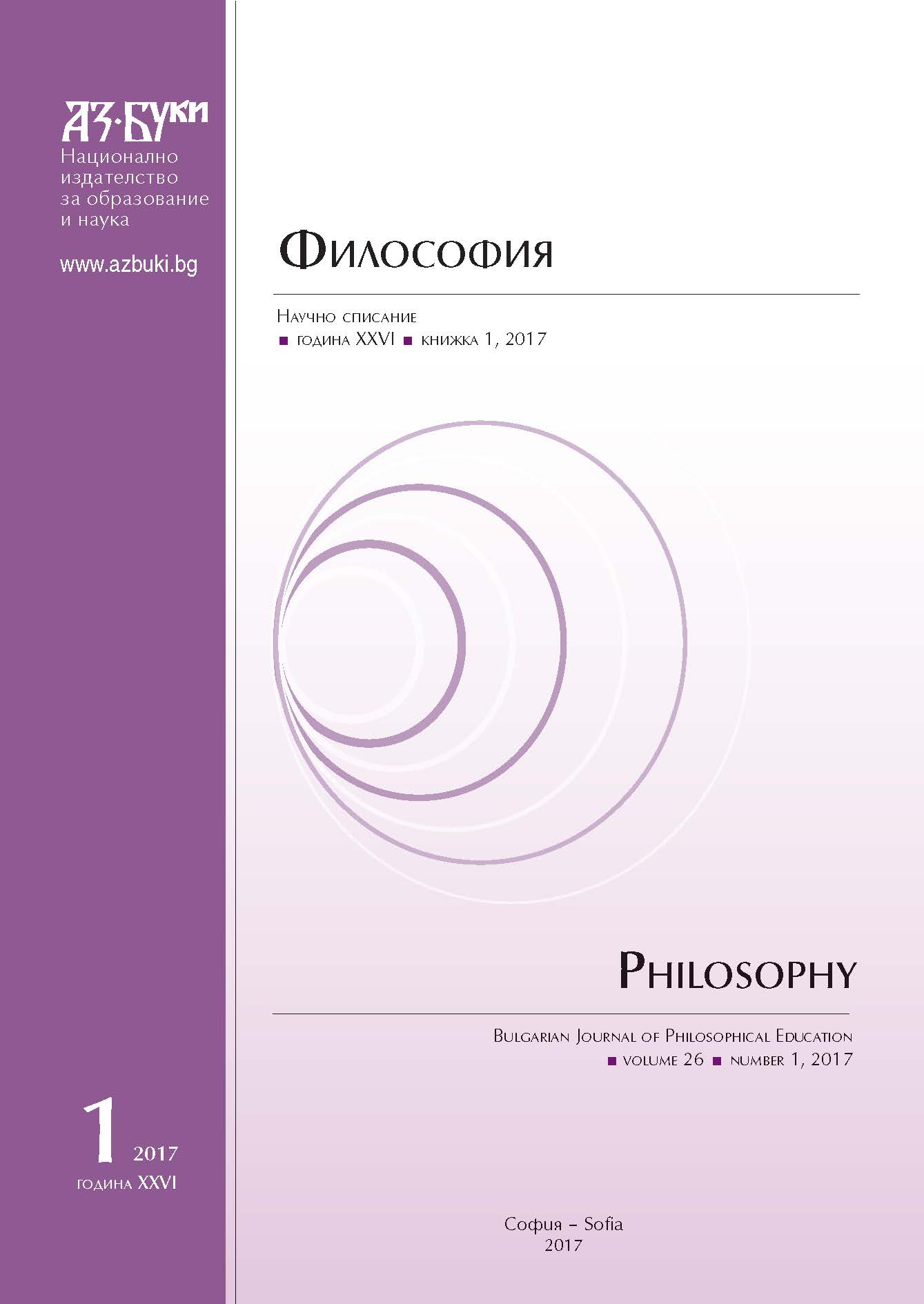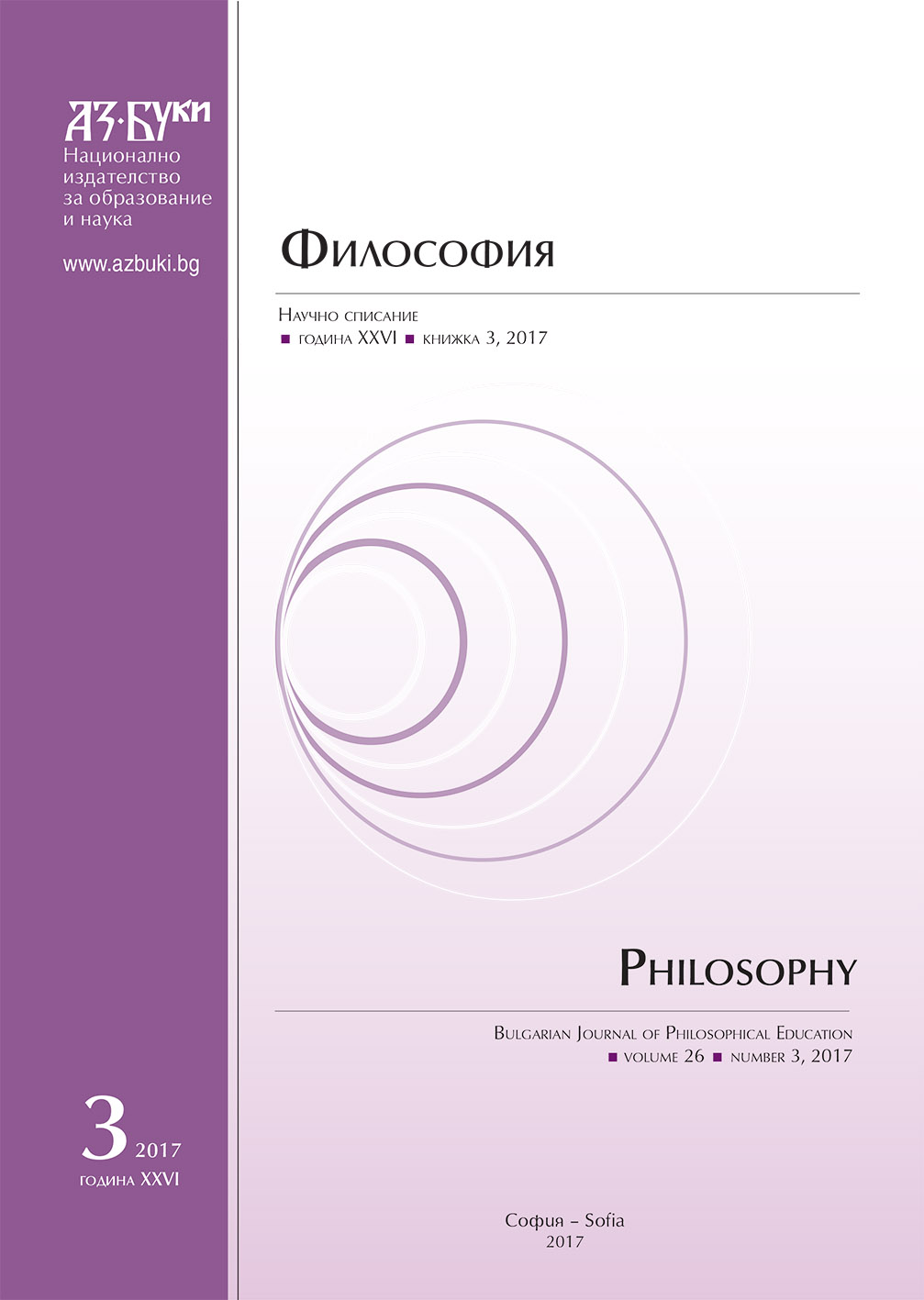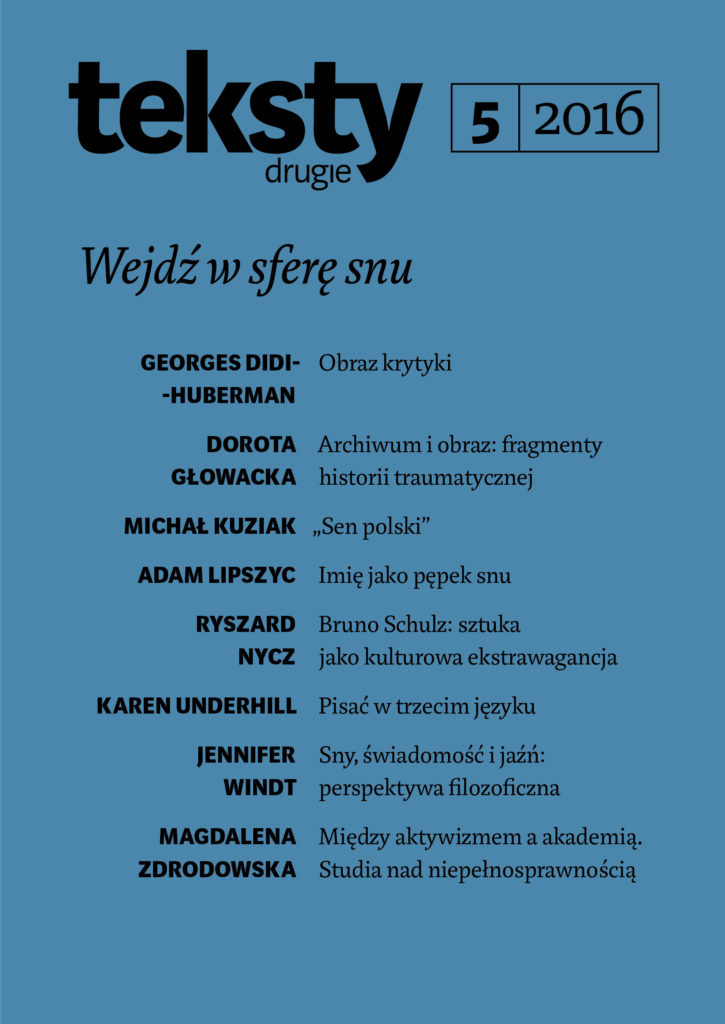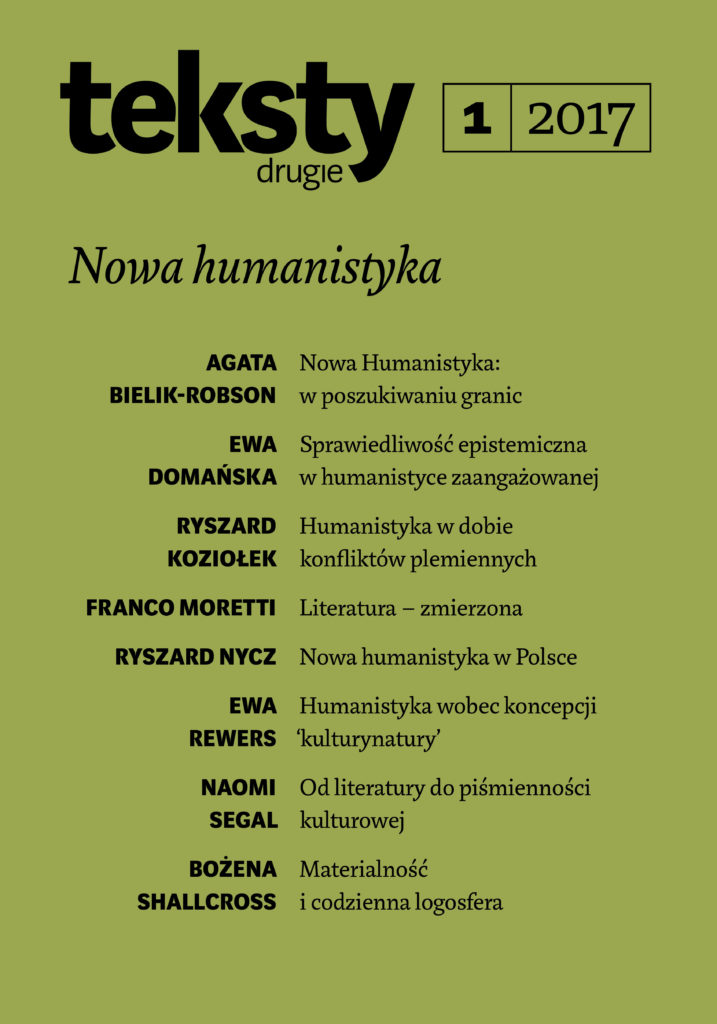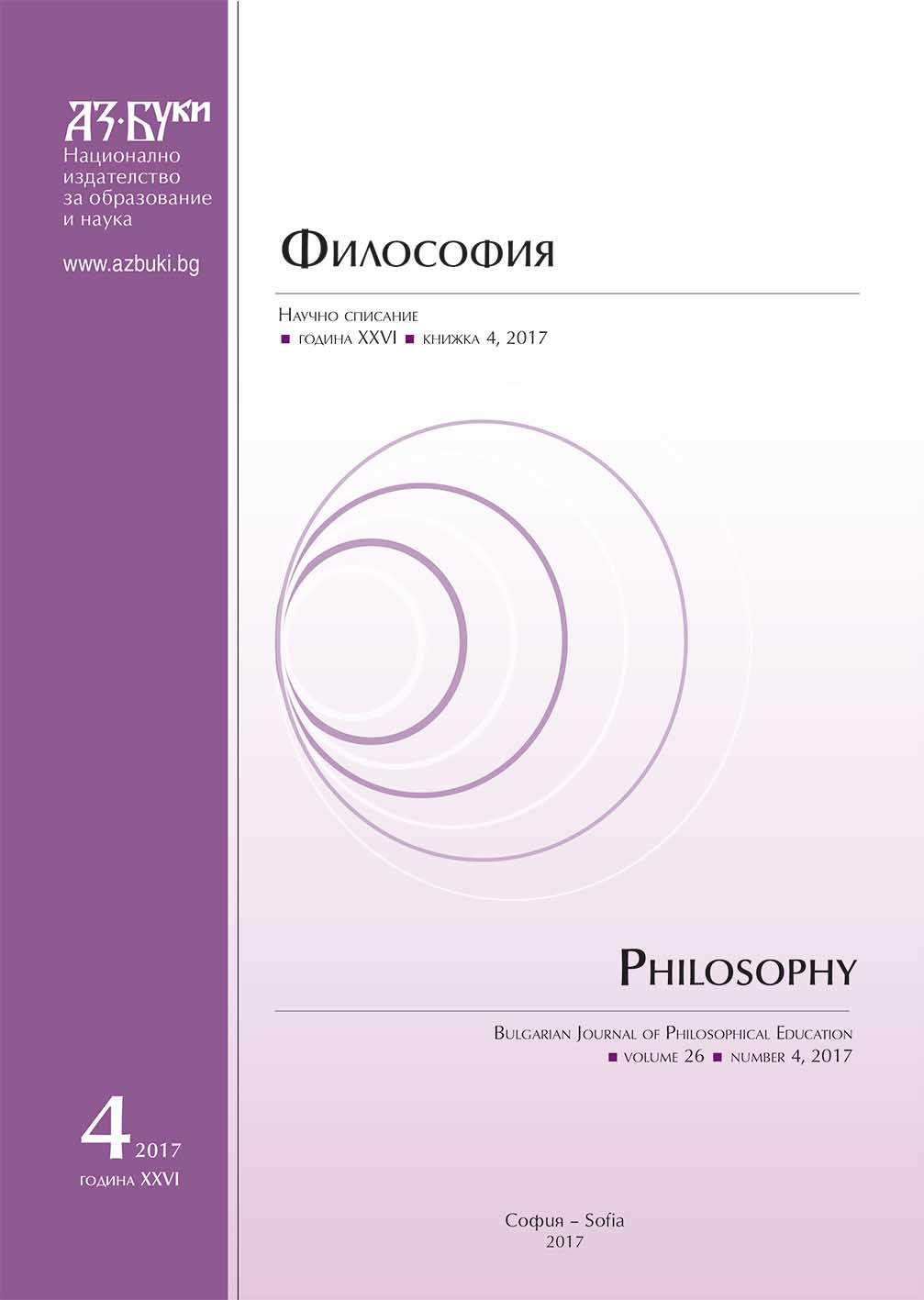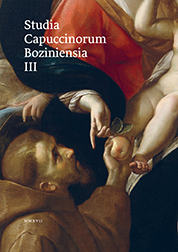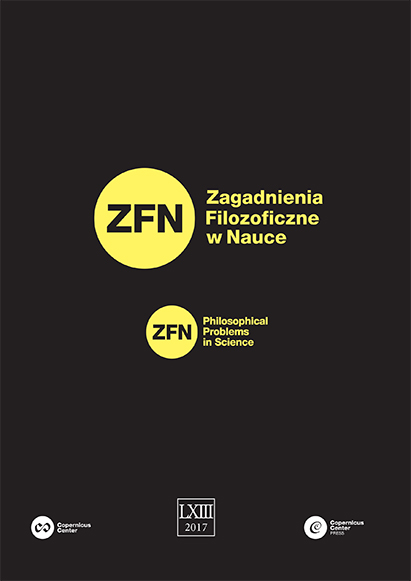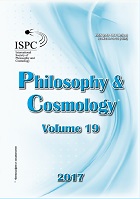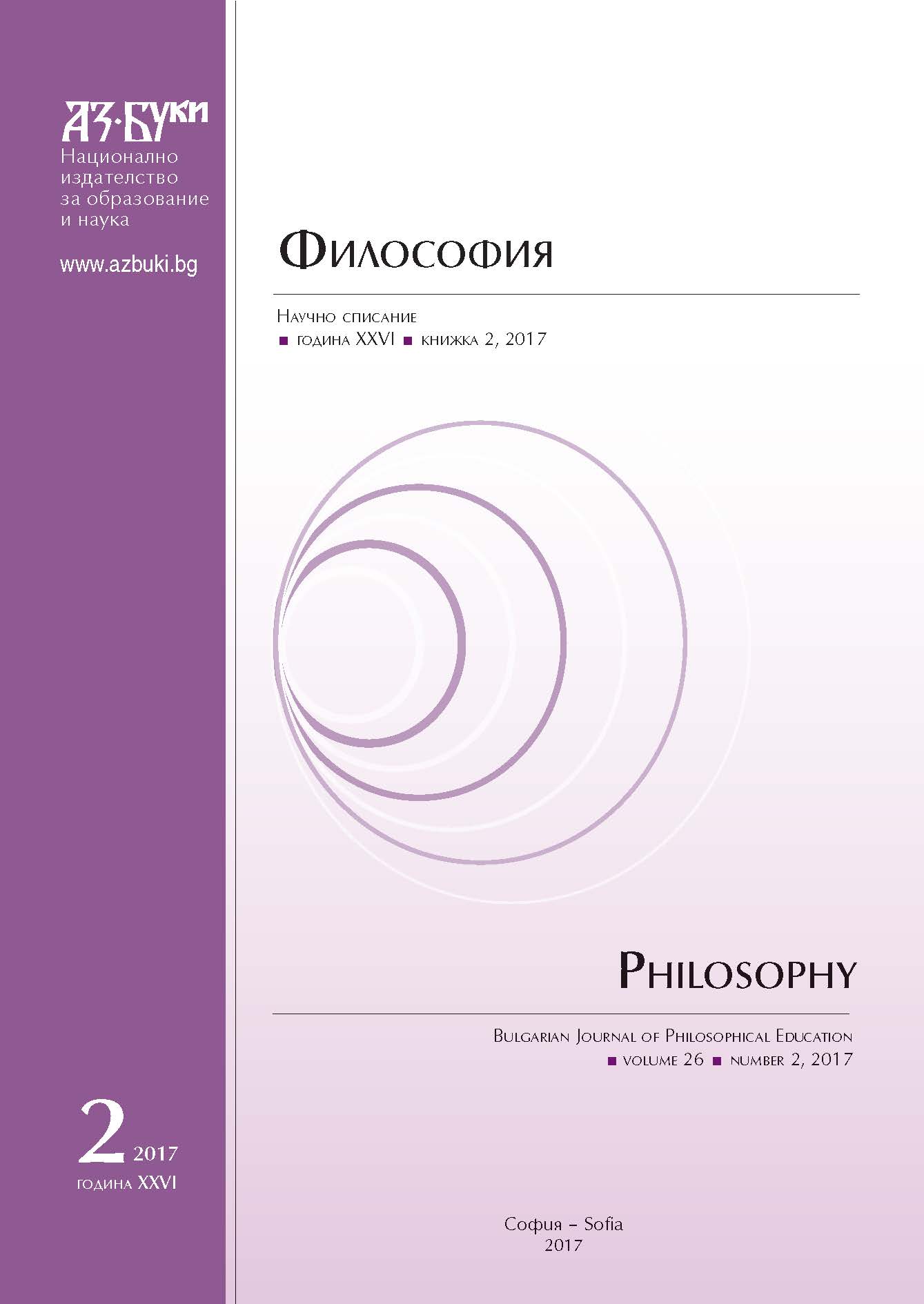
Prius’ът в Хегеловата онтология
The article interlace the problem about basis and foundations of Science, its topology with Absolute spirit as self-deployment, so as with the attempt to affirm the “identity of being and thought”. Furthermore, the rational construction of Hegel’s ontology acquire different, heuristic, but not irrational interpretation. More specifically, it points out the possibility to consider Hegel’s speculative ethical life in metaphysical aspect.
More...
